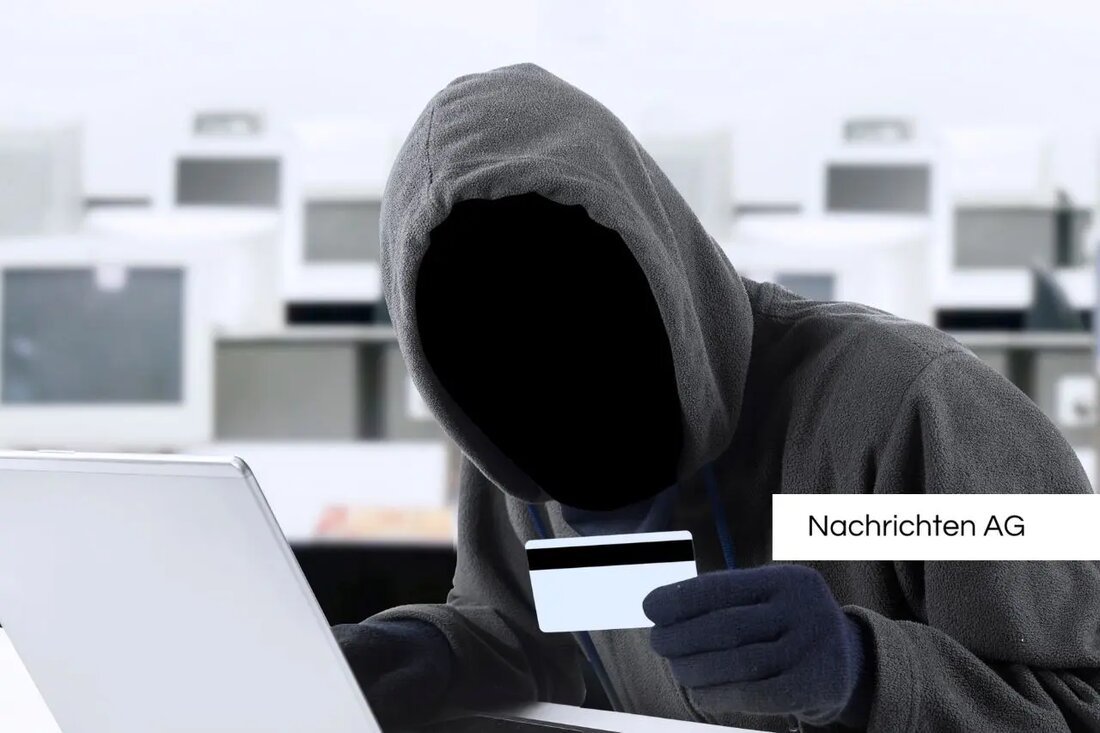Dispose of electronic waste: free return in Billigheim and Edesheim!
Dispose of electronic waste: free return in Billigheim and Edesheim!
On March 18, 2025, global recycling day will be celebrated, which focuses on the importance of correct disposal of electronic waste. Electronic waste is the fastest growing waste area worldwide, and in Germany alone, around 900,000 tons of used electrical and electronic devices were collected in 2022. This shows that the topic of disposal is becoming increasingly relevant, since millions of electrical appliances end up in drawers or in residual waste and are therefore lost valuable resources. The in-house recycling company of the Südliche Weinstraße (EWW) district is actively involved and offers free delivery options in the recycling centers (WWZ) in Billigheim-Ingenheim and Edesheim to motivate citizens to make the right disposal, such as Pfalz-Express reports .
electrical devices contain both valuable materials as well as environmental and health-hazardous substances such as mercury, bromine and chlorine. Therefore, it is not only useful, but also necessary to label devices that can no longer be repaired or passed on as an electric scrap and dispose of it correctly. Devices with cables or plugs fall into this category. The symbol of the crossed -out waste bin serves as an additional reference to the correct disposal.
The legal framework for electronic waste
An important part of electronic fuel disposal in Germany is the electrical law (ElektroG), which was amended in spring 2021. It regulates the waste law responsibility of manufacturers and creates the basics for a proper collection, withdrawal and disposal of old devices. The aim is to protect the health and the environment from harmful substances and to avoid waste through reuse and recycling, such as the Environmental Federal Agency explained.
manufacturers must register before their devices are on the market and are responsible for the entire life of their products. The legal regulations also require that consumers dispose of electrical appliances separately from household waste and remove old batteries and lamps before the delivery. Since July 1, 2023, electronic marketplaces have also been obliged to check the registration of manufacturers.
return options and recycled quotas
Small electrical devices that are maximum 25 cm can be returned free of charge in many supermarkets, hardware stores and electrical stores, regardless of whether a new device is purchased. With larger devices, the withdrawal is also offered free of charge as soon as a comparable new device is bought. The WWZ in Edesheim and Ingenheim also take on electrical appliances of all size free of charge, whereby the opening times for both locations vary from Monday to Friday. The WWZ Nord in Edesheim is open from 7 a.m. to 5 p.m. and the WWZ Süd in Ingenheim from 8 a.m. to 4 p.m., and both offer limited opening hours on Saturdays. These programs contribute to the increase in recycling quota, which was 85.5 % in Germany in 2022, while the EU quota was 80.7 %.
These initiatives are not only necessary to efficiently recycle collected electronic waste, but also to inform consumers about the correct disposal. It is noteworthy that in 2022 each EU citizen caused an average of 11.2 kilograms of electronic waste, Germany was below the EU with 10.8 kilograms. The highest waste quantities per capita were recorded in Bulgaria (15.6 kg), Austria (15.1 kg) and Poland (14.6 kg), as Destatis informed.
In summary, it can be said that the proper disposal of electronic waste is not only a contribution to environmental protection, but also to protect resources and to avoid harmful waste. With initiatives such as global recycling day, the importance of this topic is still emphasized.| Details | |
|---|---|
| Quellen | |


Kommentare (0)